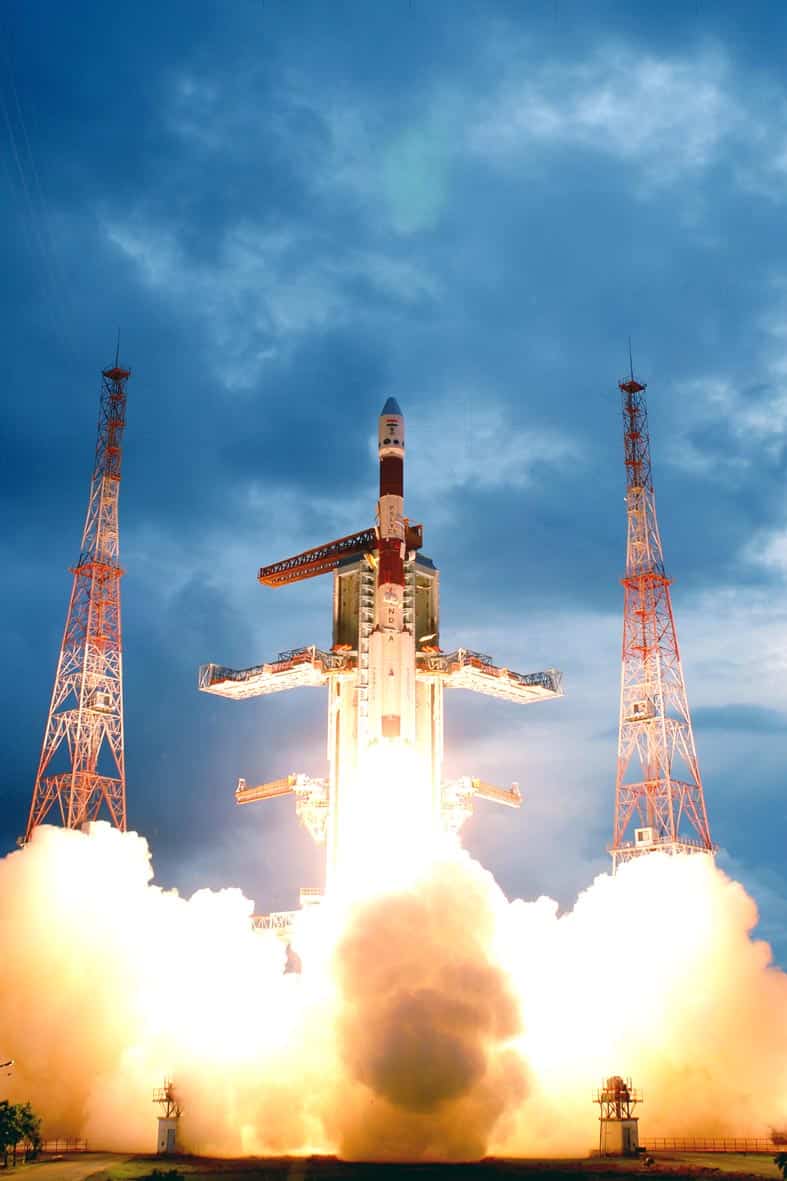 BBC News
BBC NewsBorrowing was £17.4bn last month, the second highest October figure since monthly records began in 1993.

Dinesh Dhamija
“Why should Britain send aid to India when it has a space programme?” is a complaint you often hear in the UK.
Well, here’s my answer.
First, what some people call ‘aid’ is actually business development. Both the Indian High Commission and the British Foreign, Commonwealth and Development Office (FCDO) insist that aid from the UK to India stopped years ago.
“Since 2015 the UK has given no financial aid to the government of India,” said the FCDO recently. “Most of our funding now is focused on business investments which help create new markets and jobs for the UK, as well as India.”
In any case, you could ask the same questions about any country’s space programme. Why does Britain fund a Space Agency when the NHS is in crisis and its schools are collapsing?
Second, India’s programme is not new, it began in the 1960s, shortly after US President Kennedy challenged his countrymen to land on the moon during that decade. Since then, it has steadily grown, bringing untold benefits to India: satellite technology to monitor crops and survey natural disasters; telemedicine and telecommunication for remote communities; employment for thousands of people; funding for high-tech businesses.
This all helps India to feed, educate and employ its people. It’s not a vanity scheme, it’s a crucial part of the country’s development story. As Martin Barstow, professor of astrophysics at the University of Leicester points out: “The money you spend in space isn’t really spent in space. It is spent on the ground.”
When India became the first country to land a spacecraft on the south pole of the moon in August this year, it gave Indians across the nation a tremendous sense of pride. Behind the scenes, it was a triumph on many levels. India spends just $1.3 billion per year on its space programme, compared with NASA’s annual budget of more than $20 billion.
The contrast of India’s successful landing with Russia’s disastrous mission a few days earlier (supposedly a far richer and more advanced space programme) was stark.
Business finance in India is part of the soft power the UK employs to further its own goals, including the trade agreement which promises to deliver such dividends to both the UK and India. Withdrawing the yearly £33.4 million that the Foreign Office sends to India would be a false economy, set against the potential rewards of a deal.
Historically, India was an astronomical pioneer, with roots going back 3500 years to the Vedas of the Indus Valley civilisation. The 6th century work the Aryabhatiya was the pinnacle of astronomical knowledge of its time.
So it shouldn’t be any surprise that, as India regains its confidence and international prestige, it is once more guiding the world’s understanding of the heavens.
This is yet another thing to be applauded about modern day India. It will benefit mankind, whether or not the UK withdraws its modest financial contribution.
Dinesh Dhamija founded, built and sold online travel agency ebookers, before serving as a Member of the European Parliament. His latest book, The Indian Century, will be published in the Autumn.